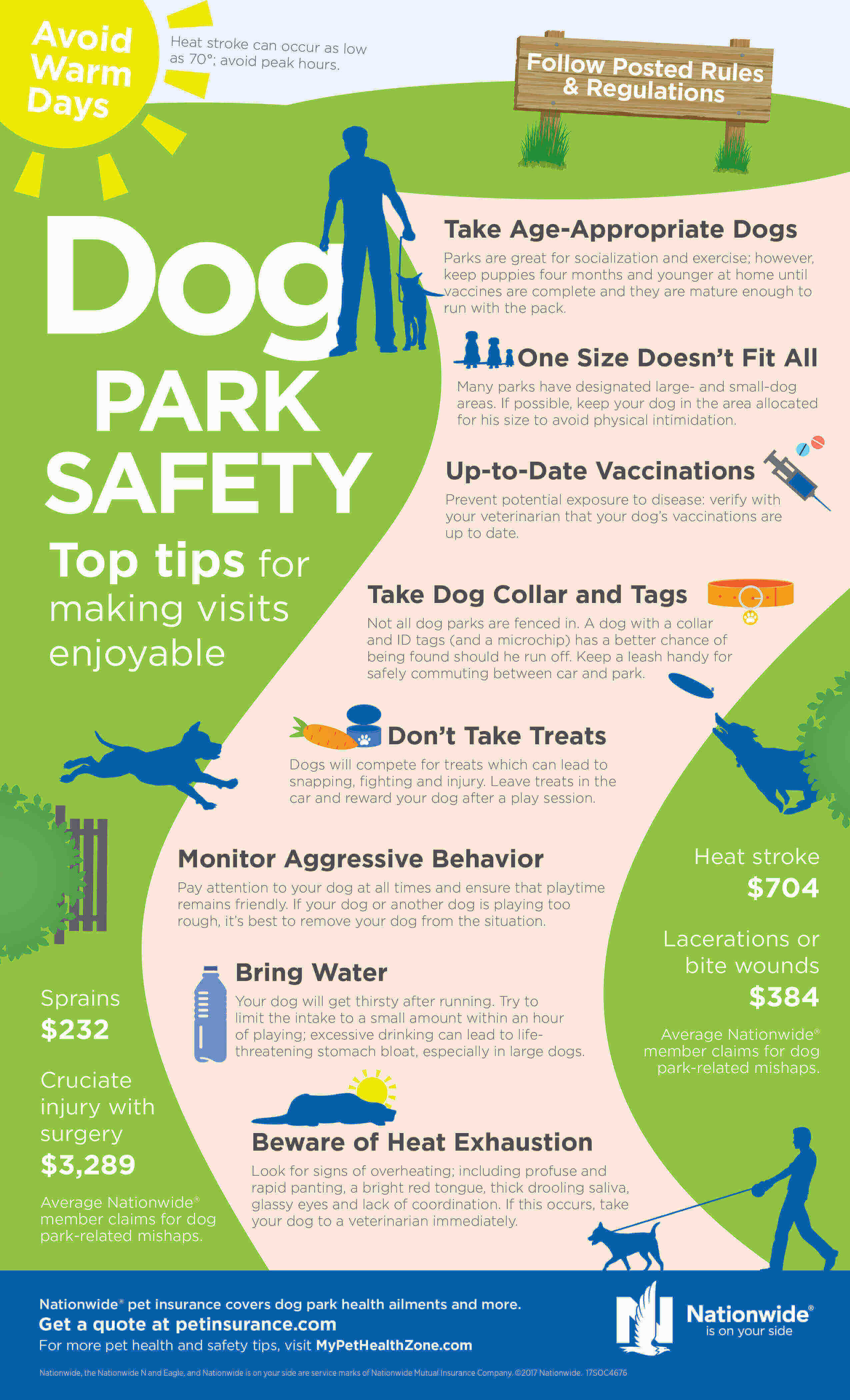Is Your Dog Ready For Boarding A Checklist To Help You Decide
Is Your Dog Ready For Boarding A Checklist To Help You Decide
Blog Article
Can Dog Day Care Cause Illness?
Dogs in childcare obtain lots of exercise, socializing with various other canines and unique experiences. This can be particularly handy for pups and canines with behavioral concerns.
There are several legal factors to consider you require to take into account when starting a doggy day care service. These consist of the framework of your business and compliance with government guidelines.
1. Dog Distemper
Canine distemper is spread out via straight contact with the physical fluids and waste of an infected canine, however it can likewise be transferred using common water and food bowls or through airborne droplets. This highly contagious disease is most hazardous for young puppies, yet it can influence pets of any kind of age and is deadly for most if left untreated.
Initial signs of canine distemper typically simulate a cold, consisting of dripping eyes and nose with watery or pus-like discharge. As the condition proceeds, a pet will certainly create high temperature, coughing, lowered cravings, throwing up and looseness of the bowels. The infection can additionally strike the nerves, causing seizures, shivering and partial or full paralysis.
Trustworthy childcares lower direct exposure to infection by calling for inoculations, regular health examinations and adhere to stringent health procedures. If your puppy seems overly tired or limping, a day of rest might aid him recoup, yet you must prevent taking him back to day care until these symptoms clear up.
2. Kennel Cough
Kennel coughing, additionally referred to as contagious canine tracheobronchitis or Bordetella, is an extremely contagious viral or microbial condition that impacts the breathing tract. It's commonly transferred via the exchange of saliva or air beads that an ill canine exhales. Social dogs go to greater danger for infection because of their frequent communication with each other, such as when they play, share food or water, smell one another or simply meet in a jampacked atmosphere like a canine park or daycare.
The most usual sign of kennel cough is a relentless and powerful cough that sounds like something embeded the throat or retching. Commonly, pet dogs will cough up foamy white phlegm. If left without treatment, a canine can develop pneumonia and go to severe danger for life.
A reputable childcare center should have rigorous cleansing and sanitation methods, sterilize all toys, food and water bowls regularly, and be open concerning their inoculation policies. Maintaining your pet dog up to day on their inoculations, specifically for bordetella and canine flu, will considerably decrease their chances of getting the disease.
3. Parvovirus
Canine parvovirus, or parvo, is a highly transmittable viral disease that can be deadly boarding near me dog for pups and young adult dogs with inadequate immune systems. It's most commonly spread out by direct contact with infected canine feces-- which can happen when pet dogs sniff, lick, or preference infected feces-- and indirectly from infected individuals, objects, or atmospheres (like kennels, grooming areas and lawns). Pups and pet dogs without complete inoculation histories are specifically vulnerable to parvo.
The infection is incredibly resistant, making it through in the setting for as much as nine years, and can quickly be moved in between canines by get in touch with via feces or on footwear, clothing, and bed linens infected with parvovirus. If not treated promptly with IV liquids, electrolyte equilibrium, vomiting control medications and prescription antibiotics to prevent additional bacterial infections, a pet dog will rapidly dry out and create serious looseness of the bowels, which leads to shock and blood poisoning. Parvo is difficult to treat once a pet dog has ended up being ill, yet with suitable vet treatment, numerous young puppies do survive this disease.
4. Pooch Influenza
Dog flu virus is extremely transmittable and spreads through direct call, sharing food and water bowls, licking or nuzzling other canines, via airborne droplets, and via contaminated surface areas. Inoculation is effective in minimizing the threat of infection and break outs.
A lot of affected pet dogs create a mild breathing infection with a coughing that lasts 1-3 weeks. They might likewise have nasal and eye discharge, sneezing, and sleepiness. Some of one of the most serious cases lead to pneumonia and a high fever.
If your pet exhibits any of these signs and symptoms, do not bring them back to daycare until they are healthy. If your pet dog is revealing signs of extreme tiredness or hopping, talk to your vet as soon as possible and make sure they are on health supplements to aid build their immunity. A veterinarian will certainly review your canine for signs of the influenza by taking an example from the nose or throat, and blood tests can be done to verify.